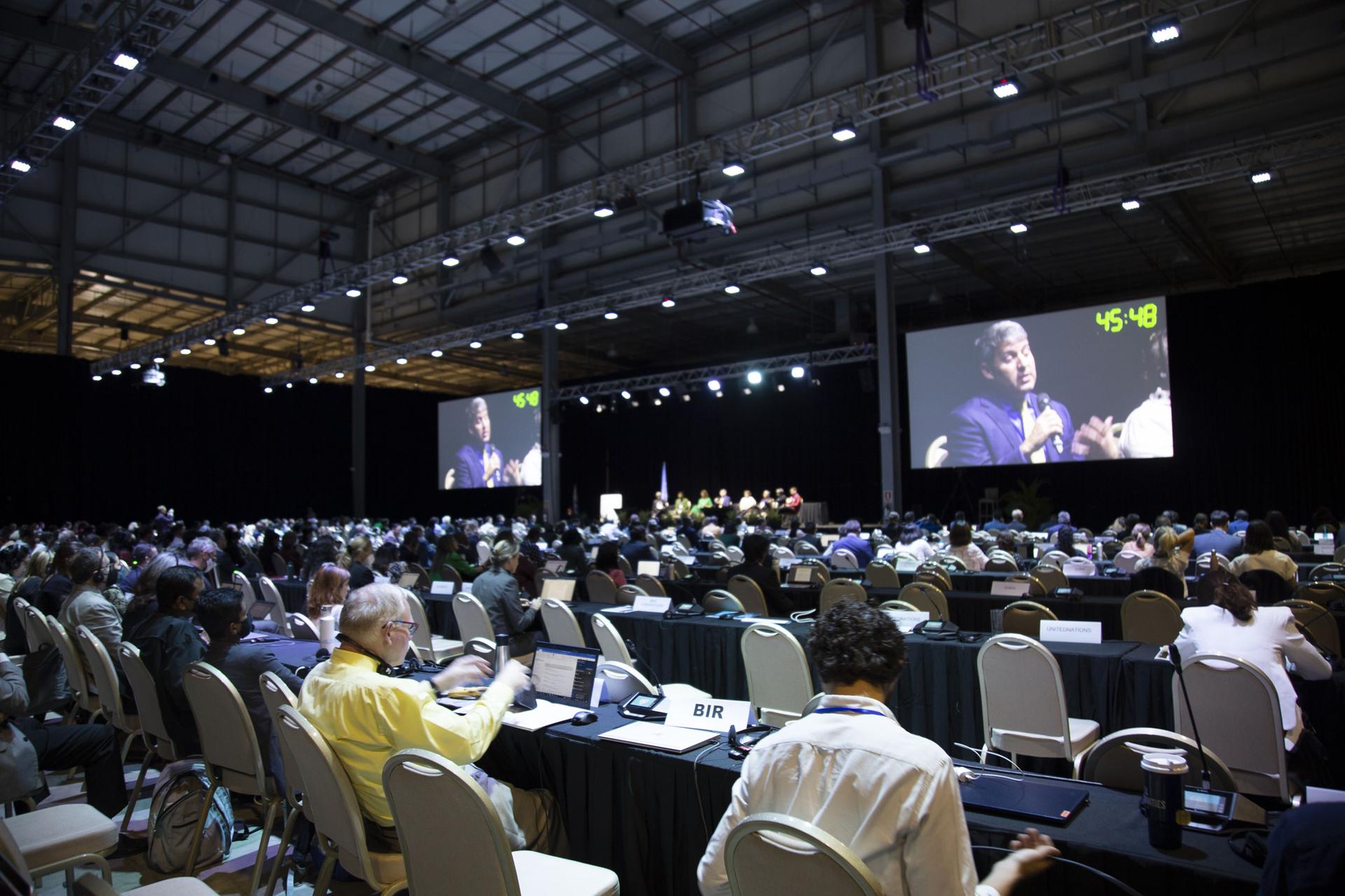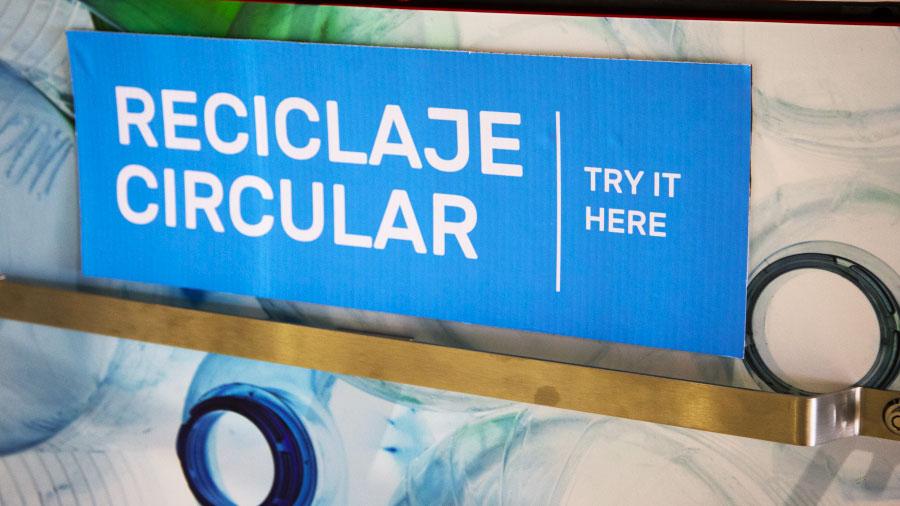The Intergovernmental Negotiating Committee’s first mandated conference (INC-1) is underway in Uruguay, where negotiators have begun early talks in building a global treaty that would essentially eliminate all plastic waste.
With a 2024 completion deadline that was voted on in March, the future treaty aims to reduce plastics pollution on a global scale. Organizers plan to mitigate the costs and effects of plastic production as a whole and engage workers’ concerns within the industry.
“We hear a lot of urgency from the folks living and working on the front lines of the crisis.”
“We hear a lot of urgency from the folks living and working on the front lines of the crisis,” said Jane Patton, campaign manager for plastics and petrochemicals at the Center for International Environmental Law.
“We have folks who are waste-pickers from India, Kenya [and] from the United States. And then, of course, we have folks living and working on the front line of the plastics production, the petrochemicals build out, who are here talking about both ends of the plastic lifecycle.”

Significant stakeholders also include plastics producers who say that caps on production could affect their economic turnover and their customers, as well. This includes large companies like Amazon, that rely on these materials to distribute its products to consumers.
Still, there is growing awareness that plastics producers are really at the root of the crisis, Patton said.
“There is an expanding understanding of what plastic pollution or pollution from plastics actually is,” Patton said.
Stakeholders are learning more about emissions from plastic production as a part of the pollution lifecycle, including carbon, greenhouse gas and methane gas, she said.
The weeklong conference in Uruguay is only the first of five meant to carve out what the global treaty will include and how countries will enforce it.
“There’s a lot of space between the treaty itself being legally binding and then its actual provisions and requirements being mandatory or binding,” Patton said.
“My hope is that all of us who are working on this treaty can go back to working on something that’s not this,” she said, adding that she hopes the problem can be solved in a way that supports local communities and workers everywhere who are affected by it.
The article you just read is free because dedicated readers and listeners like you chose to support our nonprofit newsroom. Our team works tirelessly to ensure you hear the latest in international, human-centered reporting every weekday. But our work would not be possible without you. We need your help.
Make a gift today to help us raise $67,000 by the end of the year and keep The World going strong. Every gift will get us one step closer to our goal!
